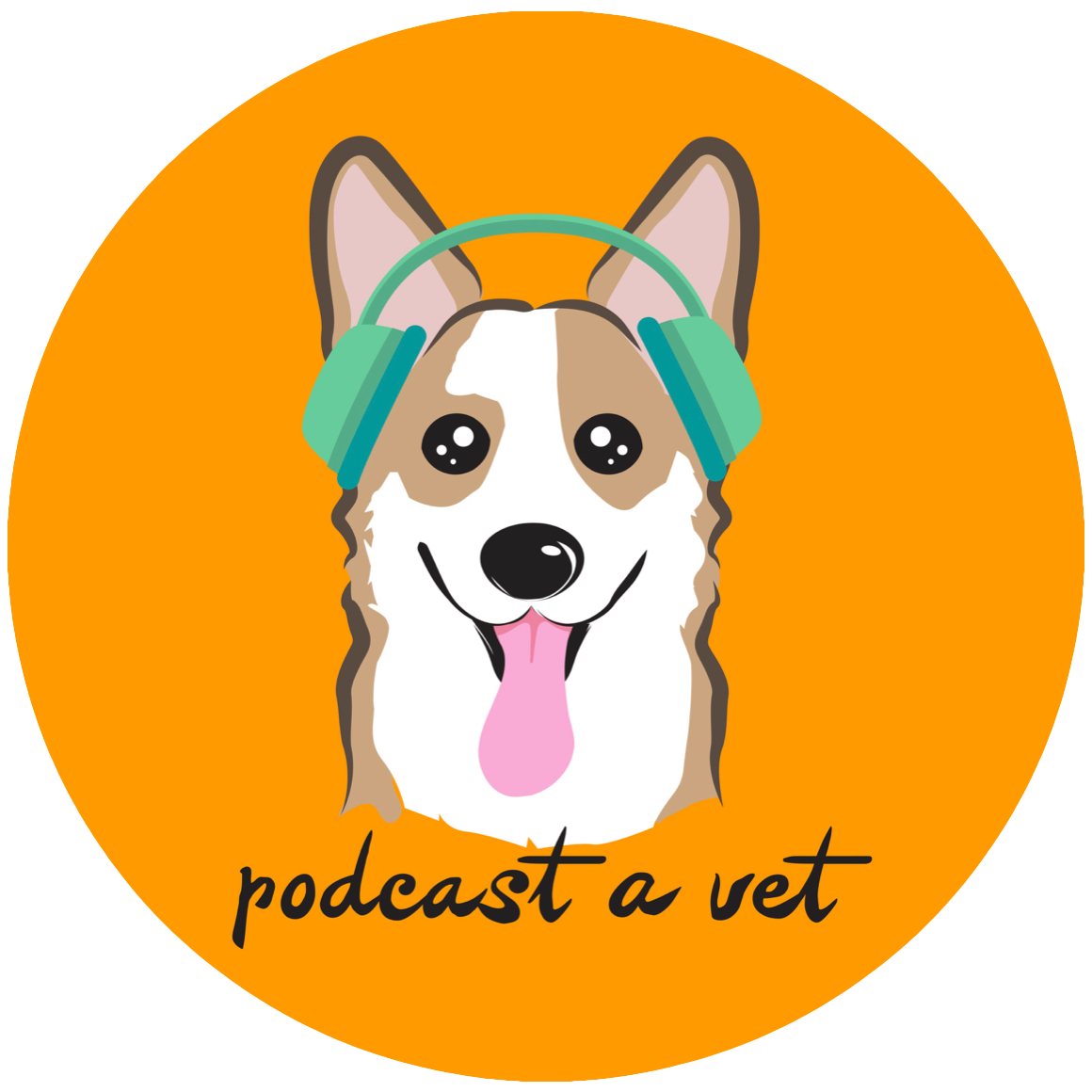050: The Power Of Positive Reinforcement To Direct Behaviors w/ Mark Stetter
Can you think of anything cooler than riding into a veterinary conference on a mountain bike in head to toe gear? Try adding being the Dean of College of Veterinary Medicine and Biomedical Sciences at CSU, a DVM, board-certified zoo medicine, and the previous director of animal operations for Walt Disney Company, among others, to the list. This resume could belong to none other than Dr. Mark Stetter, an awesome conversationalist, and today's guest.
Listen Now
Or, listen on your favorite app: iTunes (Apple Podcasts) | Stitcher | Google Play
Show Notes:
Dr, Stetter is passionate about creating a culture focused on listening, passion and open communication in order for students to take care of themselves and feed their souls. He believes in hands-on experience and using positive reinforcement to direct behavior to better understand and utilize animal, and human, reactions.
If you have ever been curious about what a laparoscopic vasectomy on an elephant in the middle of the African desert is like, what is involved in a typical day at the Bronx Zoo, or how the Walt Disney Company handled and cared for their animals, this episode has got you covered.
From beluga whales to cobra snakes and bison, Dr. Stetter’s ‘typical day’ is a wild adventure and a great story filled with lots of wisdom. Join in for this conversation and a wealth of knowledge on an incredibly diverse range of topics.
Do you use positive reinforcement in your own daily life? Let us know in the comments below!
In This Episode
Creating a culture where ‘its okay to ask’
Using the human health model to improve the efficiency of animal health
A look at the social dynamics of bringing large animals together
Recognizing and appreciating the behaviors you think are important
Why student debt is on par with health and wellbeing as the most significant issues in the field
Quotes
“We really have spent a lot of time saying what can we do to help nurture our students? Every single one that we admit we hope walks across four years later with a diploma. And if there are things that we can do to help during their college time or after, to make sure we have given them the fundamentals to stay healthy and not burn out and not have issues when they enter the workforce, that's hugely important to us.” (7:03)
“I think veterinary schools realized probably 5 or 6 years ago, whether that be through terrible things like suicide issues, or mental health or substance abuse, divorce, there is a significant problem in veterinary schools. And now probably in the last 3 or 4 years, we started looking at that as a profession versus just within our ranks.” (12:10)
“Whatever we can do to see a behavior, animal or human, that we like, and then use positive reinforcement, the chances of that behavior happening over and over again are obviously incrementally more likely.” (37:13)
“I kind of got lost along the way and then I jumped in here. So it has been a wonderful journey, but my road there is a little bit less traditional.” (47:12)
“My profession, my 20 or 30 years has been about fixing things and making things better and working in collaborative ways to address whatever issues are out there. Whether that be at Walt Disney World or the Zoo world or here in Colorado, that's what I would do and that's irrelevant of which animals I'm working with.” (50:26)
Links
College of Veterinary Medicine & Biomedical Sciences Website
C. Wayne McIlwraith Translational Medicine Institute
Follow Podcast A Vet on Facebook | Twitter | Instagram
We'd love it (and you) if you would take 1 minute and leave us a review on iTunes!

